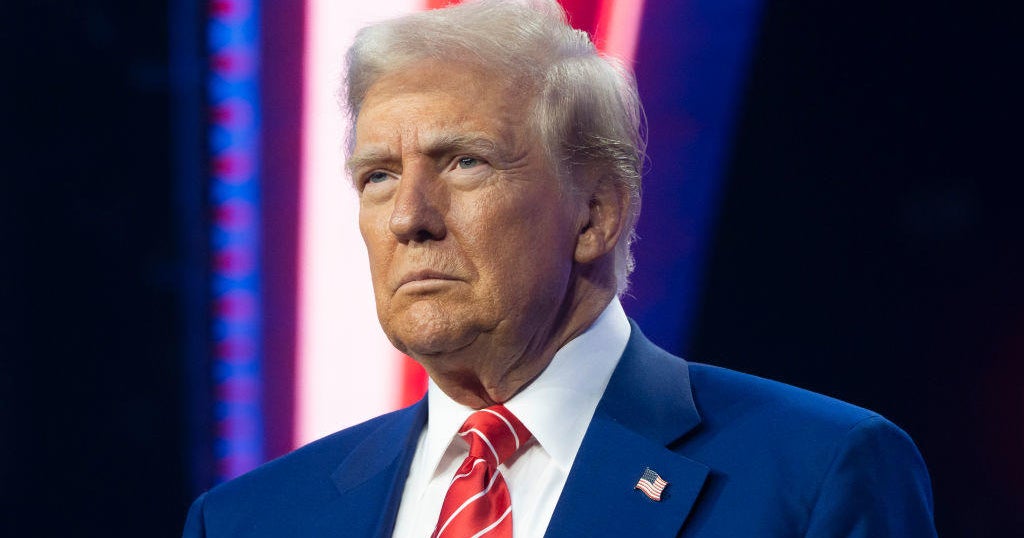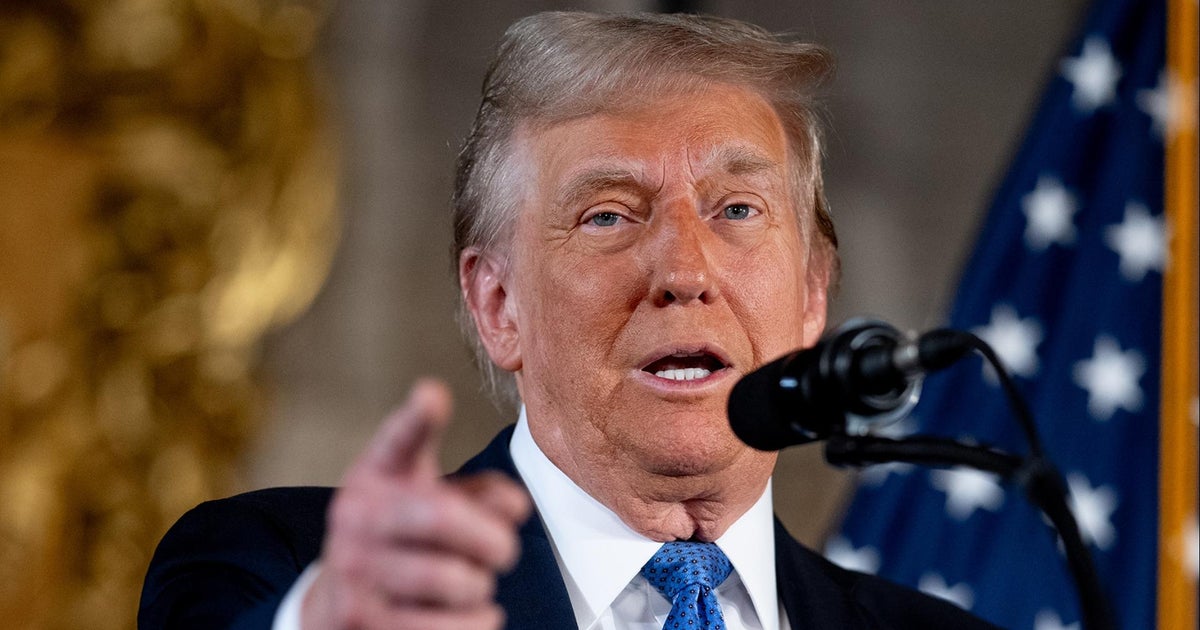Some American reporters barred from Trump-Kim dinner after asking questions
Multiple journalists were blocked from covering the beginning of President Trump's dinner with North Korean leader Kim Jong Un in Vietnam Wednesday, after some reporters lobbed questions at the president about his former attorney Michael Cohen moments earlier.
Reporters from Reuters, the Associated Press and Bloomberg were excluded from entering, according to Reuters White House correspondent Jeff Mason. Both Mason and the AP's Jon Lemire asked questions during the first interaction between Mr. Trump and Kim.
The White House was also going to prohibit all print journalists from entering, according to designated print pool reporter Vivian Salama of the Wall Street Journal. But Salama said photographers in the White House press corps protested, and she was allowed inside. Los Angeles Times White House reporter Eli Stokols said in a tweet that photographers refused to shoot the dinner if other journalists weren't allowed to enter, prompting Salama and a journalist representing the radio pool to be allowed inside.
According to Salama, the reason White House press secretary Sarah Sanders originally gave for excluding reporters was due to the sensitivity of shouted questions in previous interactions between Mr. Trump and Kim. In her official explanation, Sanders cited the sensitive nature of the meetings and space.
"Due to the sensitive nature of the meetings we have limited the pool for the dinner to a smaller group, but ensured that representation of photographers, TV, radio and print poolers are all in the room," Sanders said in a statement. "We are continuing to negotiate aspects of this historic summit and will always work to make sure the U.S. media has as much access as possible."
North Korean reporters were allowed into the dinner to witness the Trump-Kim interaction, according to Washington Post White House reporter Josh Dawsey.
Typically, administrations seek to emphasize freedom of the press in front of dictatorial leaders. The dinner incident came after the White House press corps — without any public objection from the White House — were kicked out of their hotel work space for the arrival of Kim.
"The White House Correspondents' Association strenuously objects to the capricious decision to exclude some journalists from a press encounter with President Trump and Chairman Kim," WHCA President Olivier Knox said in a statement. "This summit provides an opportunity for the American presidency to display its strength by facing vigorous questioning from a free and independent news media, not telegraph weakness by retreating behind arbitrary last-minute restrictions on coverage. We call on the White House to not allow a diminution of the previously agreed-to press complement for the remainder of the summit."
Ahead of the dinner, Mr. Trump praised his relationship with Kim, calling it "special." In a tweet before the summit, Mr. Trump called the dictatorial leader with a troubling human rights record his "friend."
"Well I want to just say it's an honor to be with Chairman Kim," Mr. Trump said as the two men sat down briefly ahead of the dinner. "It's an honor to be together uh in really a country, Vietnam, where they really rolled out the red carpet and they are very honored to have us. And uh it's great to be with you and uh, we had a very successful first summit. I felt it was very successful and some people would like it to see it go quicker. I'm satisfied you're satisfied."



